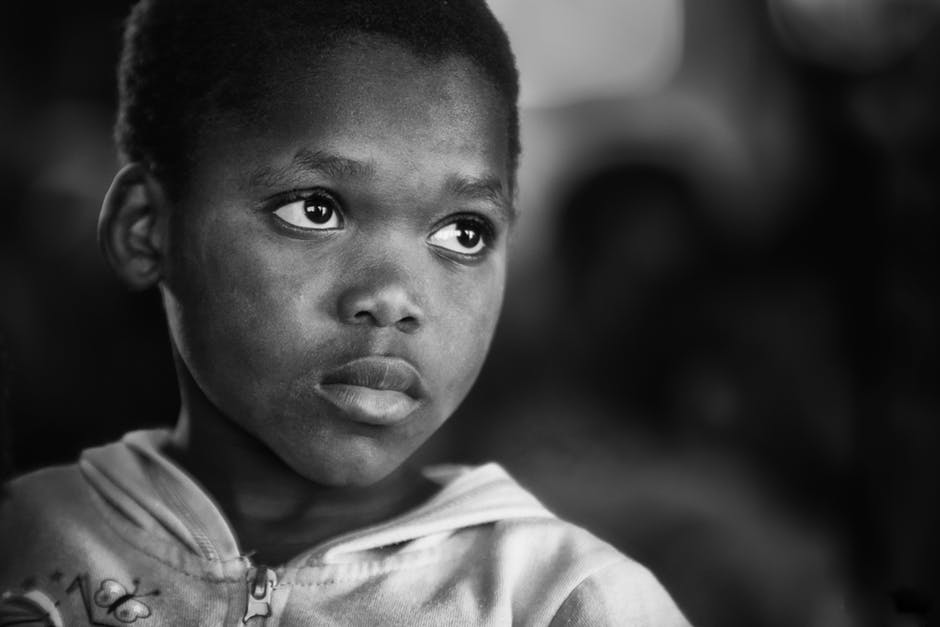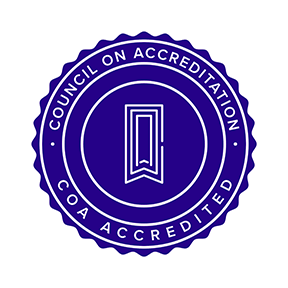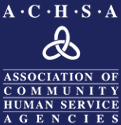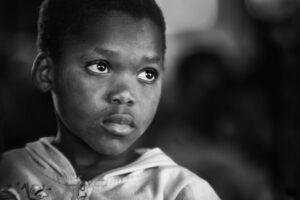

Did you know that four children per day die as a result of child abuse, and that 70% are under the age of 4? Child abuse can have devastating effects that last a lifetime, including PTSD, depression, social anxiety, and more. In order to protect your child from being abused, here are a few things you can do to keep your child safe.
Teach your child appropriate and inappropriate behaviors by role playing and giving them rewards when they can properly identify inappropriate behaviors.
Tell your child to inform you immediately if they ever feel uncomfortable with someone, even if they are friends or family members. Tell them they won’t get in trouble for telling on an adult, and that you’ll keep them safe.
Help your child create and keep personal boundaries. Children need to know that they have rights, and that their bodies deserve to be respected. They need to know that it’s ok to decline hugs or touches from anyone.
Teach your child how to be private. Some children are trusting of everyone and will tell strangers where they live or give out their phone numbers. Let children know who is appropriate to give their personal information to.
Let children know that child abuse can also happen verbally. Tell your child that name calling and threats, are unacceptable behaviors and to tell you when an adult crosses the line.
Be aware of your own mental health and that of the people who share a home with your child. If you or someone in your home is stressed or disturbed, seek help immediately and ask a trusted neighbor, friend, or family member to look after your child until it is safe.
Schedule regular talks with your child to check in to see if they have any concerns about how an adult in their life is treating them.
If you suspect that your child or another child has been abused, call the police or the national child abuse hotline 24/7 at 800-422-4453.
 Eve Powers, Foster Care Marketing Specialist
Eve Powers, Foster Care Marketing Specialist
Eve has a strong commitment to helping foster youth and their families thrive and live successful lives. A former foster youth, Eve obtained her bachelor’s and master’s degree in Communications from California State University, San Bernardino, and is a certified Holistic Life Coach, motivational writer, self-help author and celebrity interviewer. Beyond the Trinity Youth Services blog, Eve’s articles can be found in numerous platforms including Foster Focus Magazine, Heart & Soul Magazine, BET Centric and Huffington Post. A passionate advocate for the LGBTQ community, Eve continues to educate, support and mentor foster youth throughout Southern California.


Abuse and trauma are the most common reasons children enter the foster care system. In observance of Child Abuse Prevention Month, Trinity Youth Services (TYS) would like to focus on Post-Traumatic Stress Disorder (PTSD) that impacts children with history of abuse and the ways TYS cares for these children.
In a report by the Children’s Bureau, the following were six circumstances associated with the removal of a child from the home:
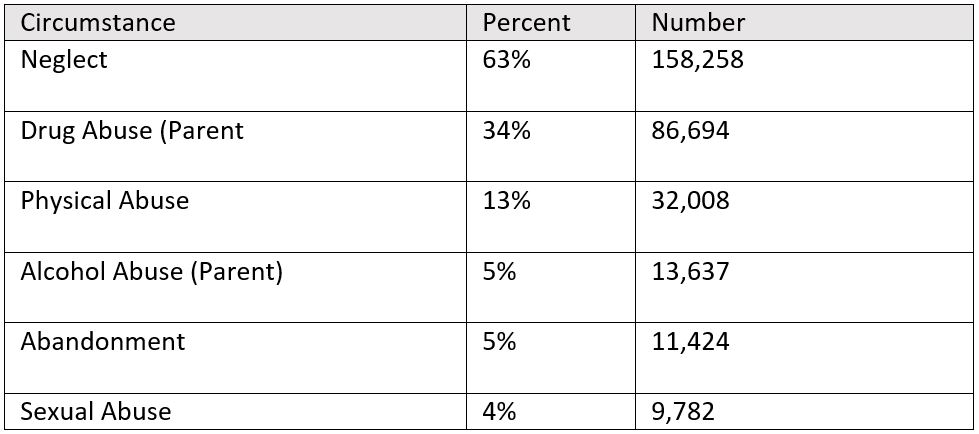
When a child is displaced from their home due to circumstance of abuse, they are faced with ongoing and difficult challenges. One major challenge is living with, and working to overcome, the anxiety and fears associated with Post-Traumatic Stress Disorder (PTSD).
According to a study done by SAFY, one in four youths in foster care will experience PTSD. In comparison to children not in the foster care system, the Harvard Crimson stated that foster children are twice as likely to suffer from PTSD.
When left untreated PTSD can result in severe consequences and possible impairments in functioning for their age. Children with untreated PTSD can develop anxiety resulting in anger management issues, hypervigilance, avoidant behaviors, panic, feelings of loneliness, depression, school problems and more issues that continue to impact their lives. To treat PTSD and other issues resulting from abuse, professional treatment is critical.
TYS understands the grievous impact of abuse on children, which is why mental health services can change the course of their lives. Each child who enters our care is given access to assessment, individualized treatment planning, and other treatment types tailored to meet their particular needs and achieve their objectives. Our therapists make certain that each child’s goals are SMART (Specific, Measurable, Attainable, Realistic, Time-related), that each goal addresses the reduction of symptoms related to their identified diagnosis, and interventions are selected which specifically address goals. All TYS staff are trained in Trauma-Informed Care, a variety of Evidence-Based Treatment Services (Seeking Safety, Trauma-Focused Cognitive Behavior Therapy, and Motivational Interviewing), and Promising Practices (Managing Adaptive Practices) are utilized to ensure the best practices are being implemented.
TYS offers a variety of programs such as our Foster-Adopt program, Home-Based Family Care, Intensive Services Foster Care and Mental Health Services. To learn more about our programs call us at (800) 964-9811 or email us at info@trinityys.org.
 Isabel Millward-Pena, Communications Specialist
Isabel Millward-Pena, Communications Specialist
Isabel contributes content for our social media, blog, newsletters and promotional materials. She recently earned a bachelor’s degree in English from California State University San Bernardino and is currently working on her master’s degree. Isabel began working at Trinity as an intern, was hired as clerical, and was then promoted to communications in our development department. Prior to her work at Trinity, she was a substitute instructional aid and a supervisor at Starbucks. She has also volunteered as an aid at local elementary schools and notably achieved “Partner of the Quarter” at Starbucks in 2017. Isabel is an active member of Trinity’s Diversity, Inclusion, Value and Equity (DIVE) team and volunteers her time at the Children’s Foundation of America.

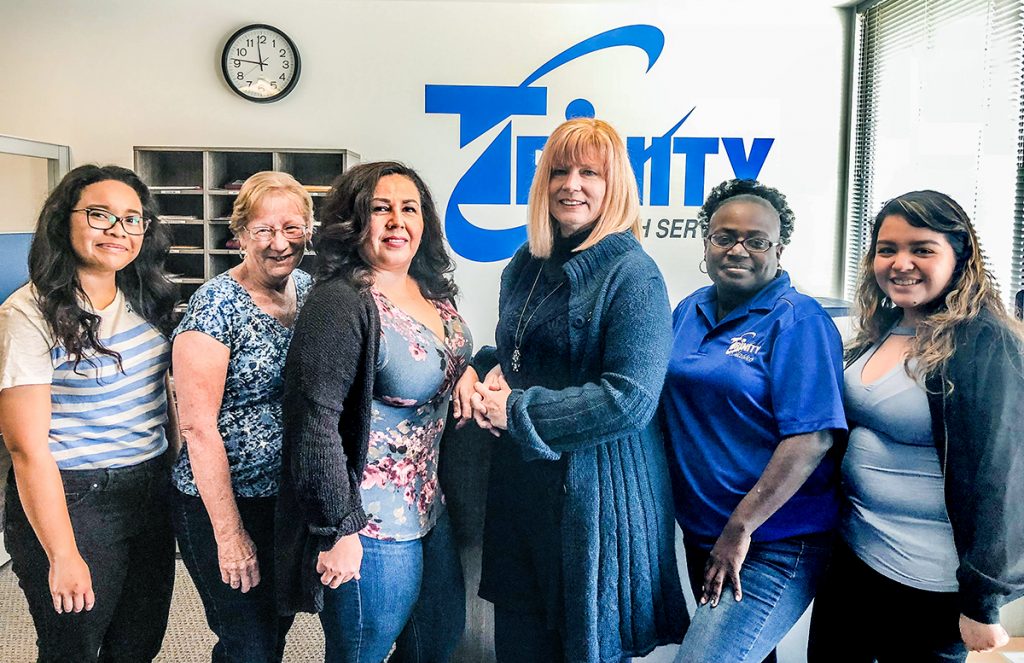
The month of April marks National Child Abuse Prevention Month, when communities work together to promote the social and emotional well-being of children and families. Child abuse and neglect are widespread issues that everyone has the power to prevent, whether it’s volunteering, donating to organizations that support children or helping a family in need, everyone can help children and families create a better future.
Since 1966, Trinity Youth Services has worked to improve the lives of children who have been affected by abuse, neglect and abandonment. Trinity provides quality support including foster care and adoption services, residential therapeutic programs and mental health programs to children in Southern California and Houston, Texas.
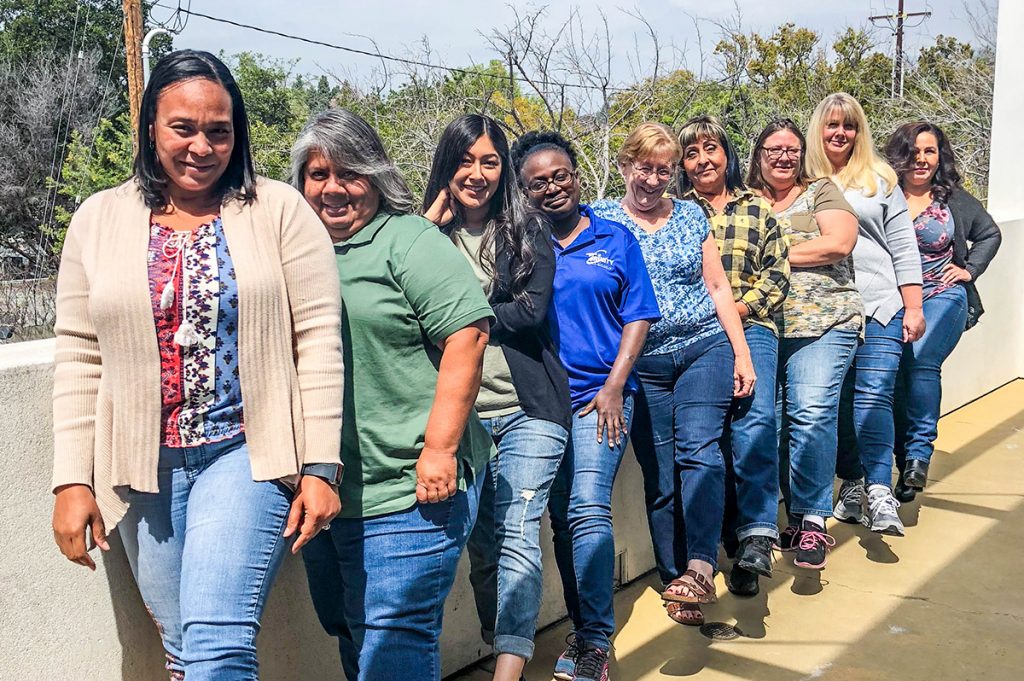
Throughout the month, Trinity staff have shown their continued support by wearing blue-ribbon pins, the national symbol for Child Abuse Prevention. On Friday, April 6, they joined with individuals and organizations across the nation in “Wear Blue For Kids Day,” by wearing blue shirts and blue jeans to show their commitment to preventing child abuse and supporting children in need.
 Marie Maghuyop, AmeriCorps VIP Fellow
Marie Maghuyop, AmeriCorps VIP Fellow
Marie is serving as an AmeriCorps VIP (Volunteer Infrastructure Project) Fellow. Her main goal as a VIP Fellow is to expand the volunteer programs at the Foundation and develop an effective, sustainable volunteer infrastructure. She creates content for social media, engages with volunteers and supports the Foundation team with coordinating events and volunteer opportunities. Marie has earned two associate’s degrees from San Bernardino Valley College and a bachelor’s degree in Communication Studies from California State University, Fullerton. She has always been driven to do meaningful work by helping others and is excited to inspire volunteerism in the community. In her free time, she enjoys going to Disneyland, writing, playing ukulele and board games, and dancing.

 Abused and neglected children face trauma beyond what we can physically see. Studies show that the psychological effects of physical and emotional trauma can be long-lasting and can even lead to suicide if left untreated.
Abused and neglected children face trauma beyond what we can physically see. Studies show that the psychological effects of physical and emotional trauma can be long-lasting and can even lead to suicide if left untreated.
Trinity Youth Services is dedicated to the health and well-being of abused and neglected children. Our passion is improving the lives of children who have endured abuse, and to help them transcend the harrowing statistics that often plague them.
According to the Children’s Bureau, some effects of child abuse can include depression and anxiety, which can lead to smoking, alcoholism, drug use or overeating. Long-term physical health problems, such as cancer and obesity also threaten this vulnerable population of children. The physical remnants of abuse and neglect often heal, but very often, the psychological effects require specialized attention.
To combat this devastating, widespread issue, Trinity Youth Services has contracted with the Los Angeles County Department of Mental Health, the San Bernardino County Department of Behavioral Health and the Riverside County Behavioral Health System to provide an array of mental health services. Answering the call of children in crisis, Trinity Youth Services offers individual and family therapy, medication support, therapeutic behavioral services and in-home behavioral support with an emphasis on trauma-informed interventions.
At Trinity Youth Services, each foster child is given specific tools they need to thrive mentally, physically and emotionally from caring, trusted and experienced mental health experts. Every foster child receives a comprehensive assessment upon admission into our resource homes and for those who meet criteria, receive individual therapy on a weekly basis by a qualified therapist.
Trinity Youth Services also offers three other evidence-based practices focused on complex mental health issues. Seeking safety is a trauma-informed model of therapy that addresses alternative functional coping skills. Trauma focused cognitive behavior therapy addresses the bio-psychosocial needs of the child in an individual and conjoint setting. Managing and adapting practice is an approach to therapy that uses multiple treatment modalities that are implemented on an individualized basis.
In addition to our mental health programs and treatment modalities, Trinity Youth Services practices trauma-informed intervention to enable foster children to feel respected, informed and connected with an aim to instill hope and empowerment in a sensitive non-judgmental manner. With over 60,000 children served since its inception, Trinity Youth Services continues to create and maintain supportive programs for foster youth that will help them increase their confidence, essential social skills and achieve a positive self-identity.
Why do foster children need ongoing mental health support?
According to Psych Central, some foster children may exhibit behavioral disorders and learning challenges. These youth need special mental health services because they need to feel confident about themselves, feel respected, safe and understood. They need to learn how to cope after the trauma they have experience in a way that isn’t harmful.
Trinity Youth Services’ mental health services help create a better future for foster children because they assist them in creating an understanding of what they went through, develop their self-esteem and help them learn to cope in positive ways by building hope for their future and trust within their relationships.
Trinity also conducts child and family team meetings, at which the child and their resource family are encouraged to be the experts in their own lives. It is a team approach to helping foster children that includes social workers, therapists, resource parents and others involved in their well-being. The foster child is given a voice and a choice in their treatment and to recognize what they are good at and what they need in order to thrive.
Trinity Youth Services also employs interventions, which have been shown to be very effective in decreasing emotional or behavioral problems, lessening depression and anxiety, improving physical health and healthy attachments. These mental health interventions can also improve a foster child’s skill development, education and employment.
At Trinity Youth Services, we take pride in our commitment to help children and families create a better future. It all starts with supporting our foster youth and helping them live successful, fulfilled lives.
Click here for more information about Trinity Youth Services programs.
 Jackie Jakob, Foster Care and Adoptions Director
Jackie Jakob, Foster Care and Adoptions Director
Having over 20 years’ experience, Jackie currently oversees Trinity Youth Services’ operations of foster care and adoptions programs throughout Southern California and in Houston, Texas. She received a bachelor’s degree in law and society from University of California Santa Barbara, a master’s degree in social work from California State University Long Beach and recently became a Licensed Clinical Social Worker. Jackie enjoys spending time with her husband and two children attending various baseball, softball and judo meets. She is on the parent board for a judo dojo and is one of the troop leaders for her daughter’s Girl Scout troop. Additionally, she really enjoys running half marathons and aims to run 4 to 5 races each year.
Tel: 909.825.5588 | Email: info@trinityys.org
